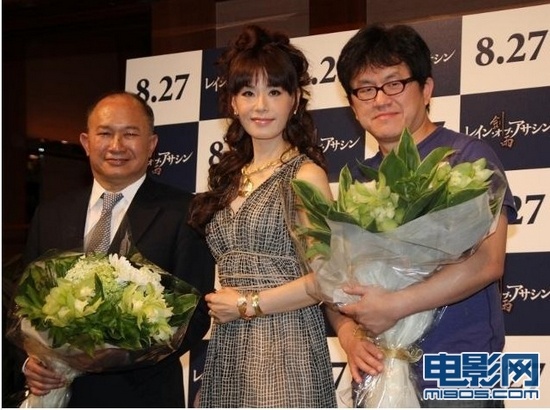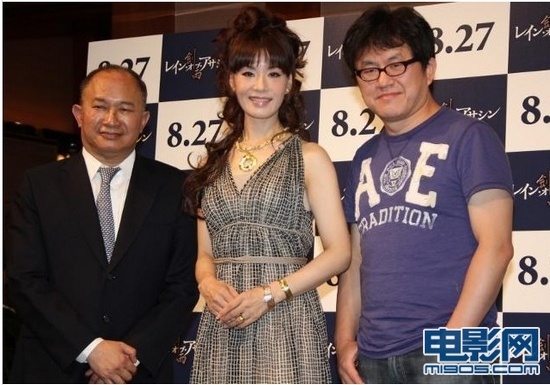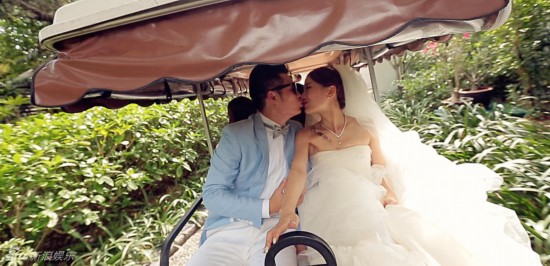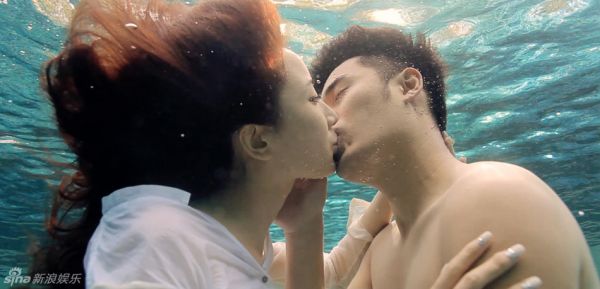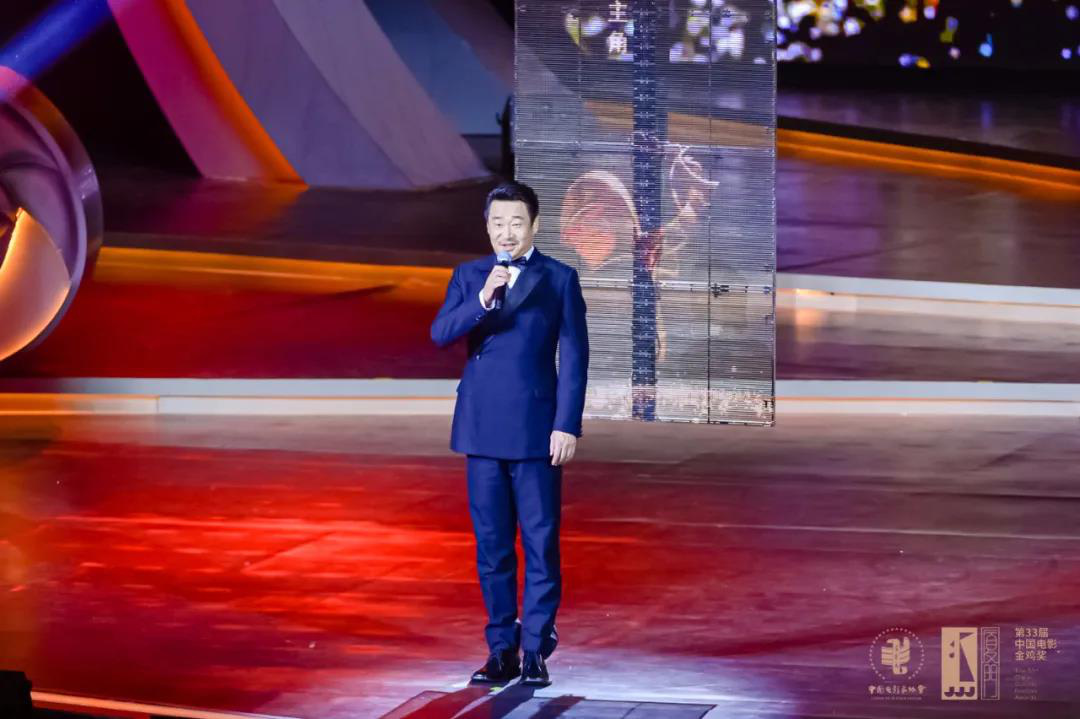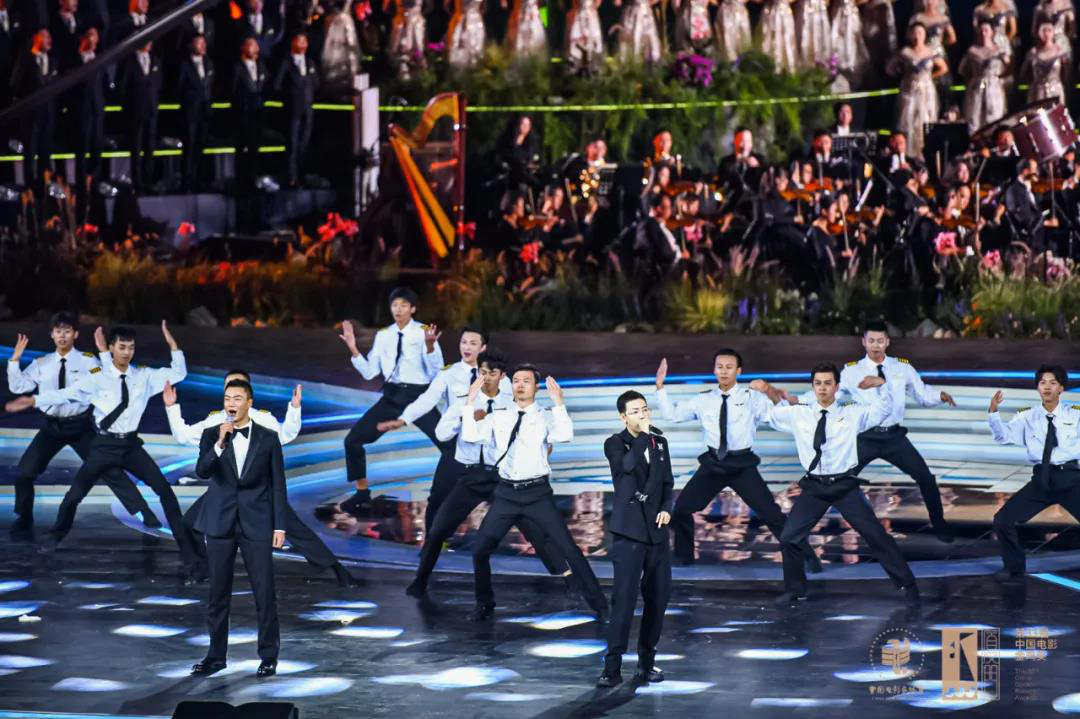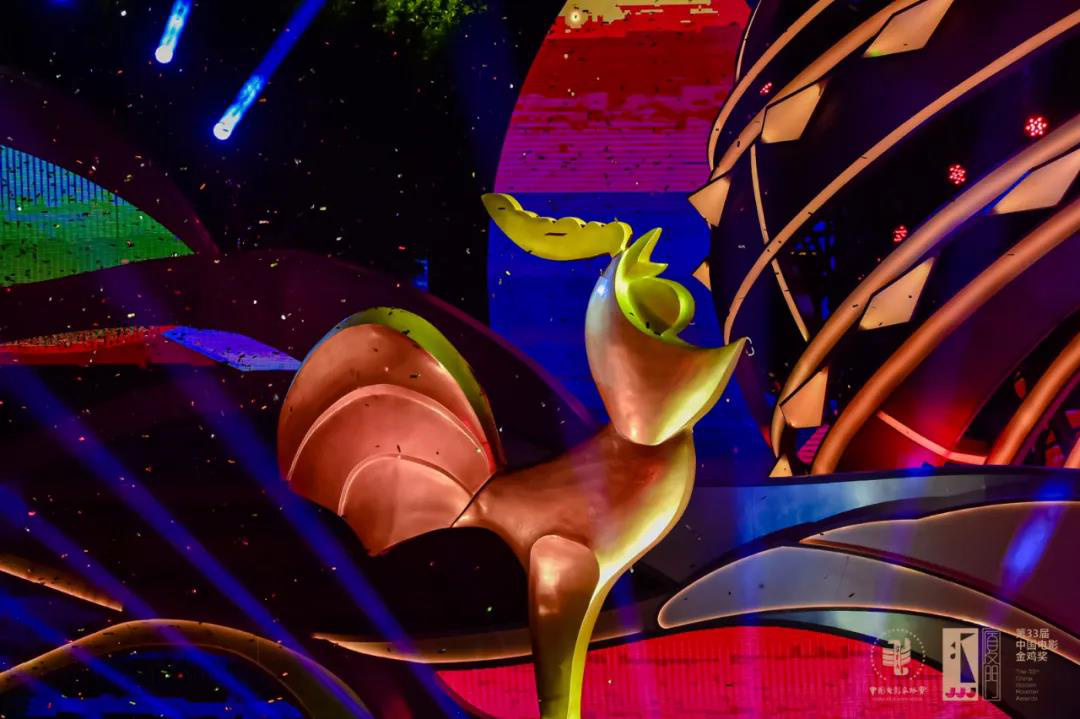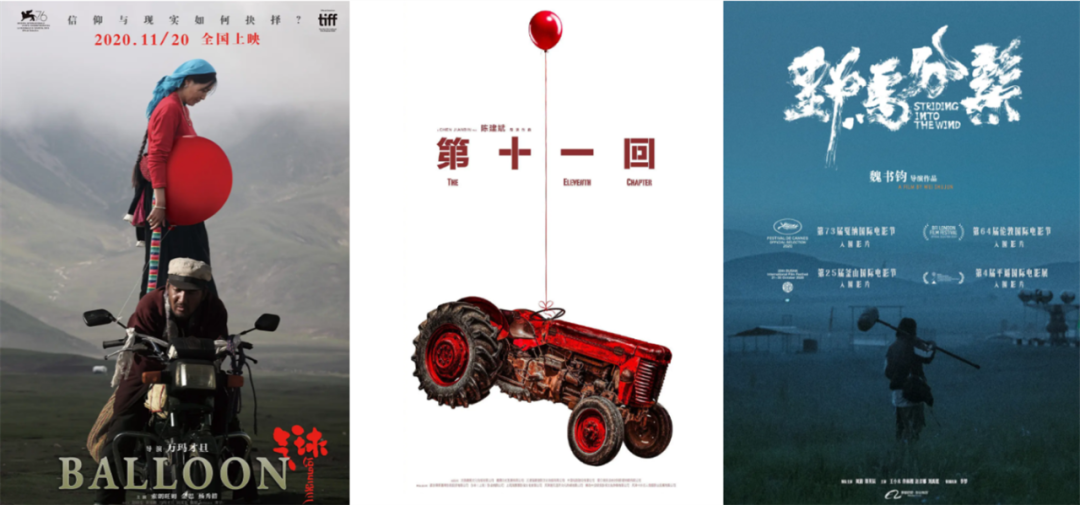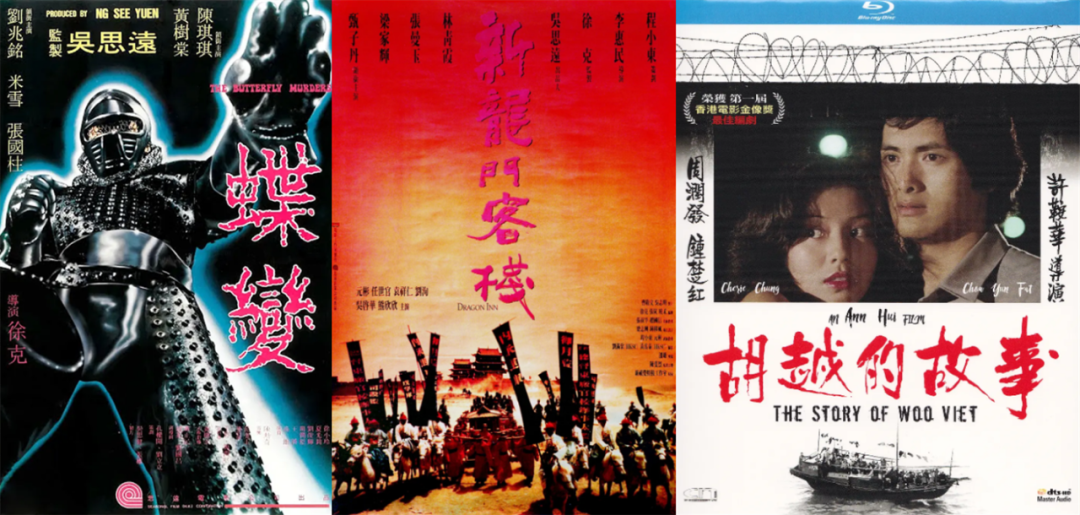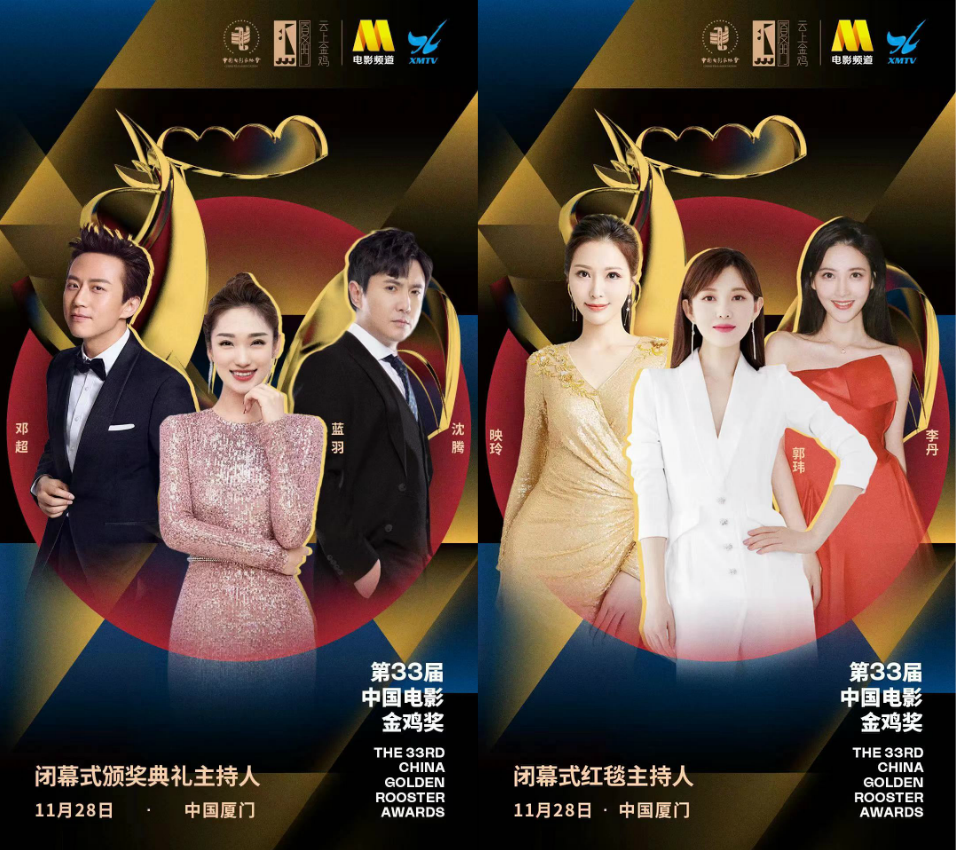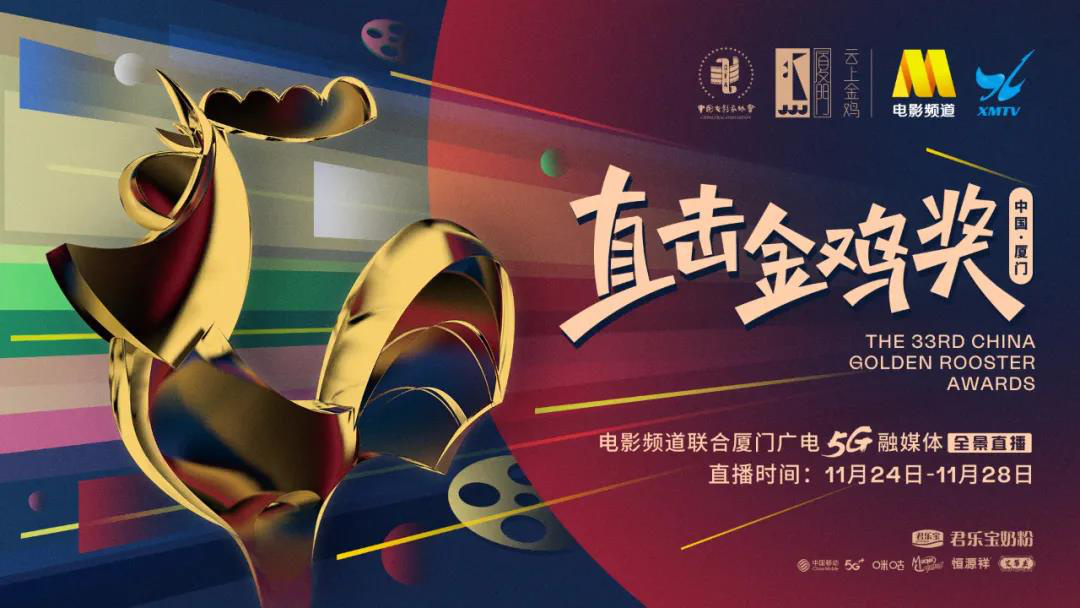1: This is the truth that led to Lin Qingxia’s divorce. Xing Liji: I want to make a will
On April 15, someone broke the news that Lin Qingxia’s husband Xing Lijing had a mistress outside and gave birth to an illegitimate child. In fact, it is not very uncommon for men to have extramarital affairs now, and Xing Lijing is also on the Forbes Global Billionaires List ", but it is unimaginable that Lin Qingxia tolerated her husband Xing Lijing’s affair for 20 years.
In fact, this matter has to start from 1992. Lin Qingxia met Hong Kong wealthy businessman Xing Lijing at a party. After a period of time together, Xing Lijing was deeply attracted to this poetic woman Lin Qingxia, so she launched a confession and marriage ceremony. Lin Qingxia may have felt that their understanding was not enough to advance to the point of marriage, so she rejected Xing Lijing, but something happened later that made Lin Qingxia completely accept Xing Lijing in her heart.
Not long after rejecting Xing Lijing at that time, Lin Qingxia was going to Shanghai to film a play. After a long time of hard work and irregular diet, Lin Qingxia’s body was in a state of illness and was hospitalized. Xing Lijing, who learned the news, immediately put down all the work at hand to take care of Lin Qingxia, and brought Lin Qingxia’s favorite hairy crab from the local area. At that time, Lin Qingxia was quite touched. After much deliberation and testing, Lin Qingxia finally agreed to Xing Lijing’s marriage proposal half a year later, and the two began a sweet love affair.
On June 29, 1994, Lin Qingxia and Xing Liji held their wedding in San Francisco, USA. At that time, the number of people invited was not large. Except for their relatives, the rest were their very good friends.
After the two got married, Xing Liji also loved Lin Qingxia very much. He bought all the best things for Lin Qingxia, such as gems the size of pigeon eggs, mansions, etc., just to win Lin Qingxia’s happiness and love. On January 2, 1996, Lin Qingxia gave birth to a daughter for Xing Liji, named Xing Ailin. This name also wanted to let each other know their love for each other.
After a lapse of five years, in 2001, Lin Qingxia gave birth to a daughter for Xing Lihui again, named Xing Yanai. At that time, Lin Qingxia was already 47 years old and had already entered the age of advanced maternal age, but she was willing to take the risk again to give birth to a child for Xing Lihui, which is enough to show the relationship between the two.
After that, the lives of the two were seen by everyone on the screen. The attendance of various business circles, the dazzling array of jewelry, luxury cars, and luxury houses were given to each other, showing love and sweetness, which made people envious. But yesterday, April 15th, someone broke the news that Lin Qingxia was forced to divorce, and the third mother was expensive.
According to the revelation: Xing Liji cheated on her marriage, and the woman even gave birth to a son. The whistleblower said that his friend and wife worked in Lin Qingxia’s husband’s company 20 years ago. Everyone knows about Xing Liji’s adoption of "Xiaosan". The company said that Xiaosan is in the company and works. It can be said that she is young and beautiful. Her work in the company is mainly responsible for training. After the two were together, the woman gave birth to a son for Xing Liji and has been raising him in Shanghai. The most infuriating thing is that Xiaosan’s arrogance has provoked Lin Qingxia many times.
It is said that as early as around 2001, Xing Lihui had already cheated, and after Lin Qingxia gave birth to her second child, the third child also gave birth smoothly. Compared with Lin Qingxia, both children were daughters, and the third child also relied on Xing Lihui to give birth to a son, which was particularly valued by Xing Liji. It was precisely for this reason that the third child dared to provoke Lin Qingxia many times and forced her to divorce.
At that time, Xing Liji’s love for Lin Qingxia had not subsided, so Xiao San’s "conspiracy" did not succeed, but it is different today.
If the revelations were true, Xing Liji’s illegitimate son was in his early 20s this year. As the only male in Xing Liji’s family, Xing Liji would not let his son carry the stigma of "illegitimate child" all the time. In addition, Xing Liji’s huge industry also needs to be inherited and passed down.
According to relevant reports: Xing Li, chairman of the board of directors of Hong Kong Esprit Global Holdings, the 875th place on the Forbes global billionaire list, sits on 14 billion assets, which is also a top priority for Xing Li, while Lin Qingxia has worked hard for many years but did not give Xing Li a son. According to the traditional concept of China for thousands of years, the inheritance of the family business must be male first. Some people broke the news that Xing Li made a will and wanted to distribute the property to his son. He also wanted his son to manage the family business justifiably, which led to the "forced palace" original match, the little third mother is expensive by the child, and the upper position is successful.
In fact, before marrying Xing Liji, Lin Qingxia’s love history was also complicated, entangled for many years but ended in vain. Among them, the most attention was the love entanglement with Qin and Han Dynasties.
2: Qin Han: "I can’t lose you, but I love Lin Qingxia very much
In 1972, when Lin Qingxia was filming her first film "Outside the Window", she developed feelings for Qin Han, a married man who also starred in the film.
Before Lin Qingxia met Qin Han himself, she was his fan girl. This time, Lin Qingxia was even more infatuated with him. During the filming process, there were kissing scenes.
But at that time, Qin Han was already a married man. His wife was white and beautiful, and her family had money and power. Her power should not be underestimated.
Lin Qingxia "lost to" ignorance and ignorance. Knowing that Qin Han already had a family, she still fell in love with him without hesitation, and did not hesitate to bear the infamy of "Xiao San" to be together. Her mother really couldn’t see it, and explained to the media on the spot: The two are just colleagues at work, and nothing else is possible.
At that time, Qin Han was in love with Lin Qingxia, both of whom were reluctant to give up. The public opinion grew louder and louder. Qin Han’s wife also knew about it. Qin Han thought for a while and confessed to his wife: I can’t lose you, but I love Lin Qingxia very much.
It just so happened that the overwhelming public opinion commented on the two. Under the public opinion, Qin Han did not come forward to defend Lin Qingxia. In a fit of anger, Lin Qingxia chose to break up. This relationship ended for the first time.
In 1978, Qiong Yao’s new work "A Red Bean" began filming, and the actors were Qin Han and Lin Qingxia. The two reunited again, and they loved each other. The reunion rekindled the old relationship between the two, regardless of gossip, and insisted on being together. At that time, Qin Han proposed divorce to his wife for Lin Qingxia many times. The wife said: You can get a divorce, but Qin and Han are not allowed to remarry within 10 years. Qin and Han repeatedly rejected his wife, but it angered Lin Qingxia. She could not see the hope of being with Qin and Han and flew to the United States to live.
In order to recover his true love for Lin Qingxia, Qin Han finally got the divorce certificate after many efforts. After that, he simply packed his bags and immediately flew to the United States to find Lin Qingxia.
After several on-again, off-again, together again, the two have no identity shackles to accompany, and they are together without any worries. No matter how beautiful love is, it can’t be worth the firewood, rice, oil and salt of the long years. After the two got back together for half a year, there were many fierce quarrels, and finally the two broke up and said goodbye to each other completely.
3: Lin Qingxia is "a complete exhibitionist". Directly scare away friend Zhang Shuping
The ups and downs of love made Lin Qingxia meet her current male girlfriend Zhang Shuping by chance. The two gradually became friends who talked about everything. When Lin Qingxia was frustrated in her relationship, she cried to Zhang Shuping. After a long time, the relationship between the two became closer and closer.
According to the news, on Lin Qingxia’s 66th birthday, Lin Qingxia’s new book happened to be released on the same day. In the book, Lin Qingxia talked loudly about her feelings with her male best friend Zhang Shuping, and even ignored her rich husband Xing Li < unk >. Lin Qingxia claimed that she had shared nude photos with her friend Zhang Shuping and asked him if he "looked good". Zhang Shuping was directly scared away. Later, Lin Qingxia became a complete exhibitionist. Later, Lin Qingxia broke the news that she had also distributed swimsuit photos to the neighborhood. I don’t know if Lin Qingxia’s long American career changed Lin Qingxia’s conservative traditional concept and became enthusiastic.
4: 1.80 billion mansion turned to ashes overnight, Lin Qingxia understated: They are all very good, Lin Qingxia and her husband Xing Liji, how rich are they?
In the first half of 2022, the news of a fire house attracted attention. The White Goose Mountain mid-level mansion in Taiwan suddenly caught fire at 0:00 in the morning. The mansion covers an area of 4645 square meters on three floors, and the owner of the mansion is Lin Qingxia. It was a gift from her husband Xing Li < unk > to Lin Qingxia at the age of 60 and the 20th anniversary. It is said that the total value is as high as 1.10 billion Hong Kong dollars.
The mansion was surrounded by beautiful scenery and was very suitable for living. When Xing Liwei bought this mansion, he considered Lin Qingxia’s personal safety the most. High walls, gates, barbed wire, sensors, and alarms were installed outside the house.
The fire broke out at that time, but fortunately there were no casualties. The 18 servants, plus the two drivers, were all safe and sound. When Lin Qingxia was interviewed at that time, she just said lightly: All are well, thank you for your concern. There was no sign of sadness about the loss of the mansion.
It is said that at that time, there were a total of 18 servants in the mansion, and each person’s monthly salary started at 5000, and the salary of a moonlight was as high as 90,000, as well as the cost of cats and dogs. About thirty or forty thousand yuan a month, and the cost of a moonlight mansion is about 500,000.
According to reports, Lin Qingxia’s husband Xing Li Bing ranked 875 on the 2020 Forbes Global Billionaires List with a fortune of $2.40 billion in 2020. In 2021, he was listed as the 34th richest gang in Hong Kong, China. It shows that his strong strength and strong family background make Lin Qingxia, who only had two daughters, only end in divorce in his later years.
5: In the face of Xiaosan’s provocation, Lin Qingxia can face it calmly, in fact, there is a reason
On April 15th, Lin Qingxia was exposed and was forced to take the position by the third child. In fact, Lin Qingxia did not put it in her heart at all for the various coercion and inducement of the third child, and the means of door-to-door demonstration. Lin Qingxia could face the yelling and nonsense of the third child calmly and compete with it for many years. This is closely related to Lin Qingxia’s love history over the years and her years in the entertainment industry.
Everyone knows that Lin Qingxia used to be the most beautiful woman in Hong Kong, and she attracted much attention everywhere. First, she fell in love with her first love, Goufeng, who was also a famous singer at that time. At that time, Lin Qingxia was only 18 years old. It was considered a puppy love. Usually, puppy love is fruitless. After a period of sweet love, the two ended up in vain.
Later, Lin Qingxia became a married Qin Han because of the play, and the two quickly fell in love, regardless of public opinion and moral judgment. Lin Qingxia also walked with Qin Han as a mistress.
The scene of dog blood is that the 28-year-old Qin Xianglin and Xiao Fangfang divorced soon and were fortunate to meet Lin Qingxia. Whether it was love at first sight or a sexual uprising, Qin Xianglin was deeply attracted by Lin Qingxia’s beauty, so he launched a strong pursuit.
Qin Han, Qin Xianglin, and Lin Qingxia’s complex "love triangle" relationship has been entangled with each other for many years. They have all had each other, and they have not been able to grow old together as they wished.
During this period, Lin Qingxia also had a rather dull love affair with Zhao Ning, the author of "Crown" magazine. The two only had a beginning and an end, without an earth-shattering process. Later, they were in love with their current husband, Xing Li, but they both failed to fulfill their original vows to grow old.
Therefore, when it comes to the mistress who cheated on her marriage, Lin Qingxia will not pay attention to her many times of door-to-door provocation and shouting. It is like watching a "jumping clown". Even if you have thousands of measurements, I can’t stand it. My heart is like a rock, and I don’t move at all. If it wasn’t for her husband Xing Lihui’s justification for his son’s name, it might not have been possible for her to rise to the top.
Responsible editor:
